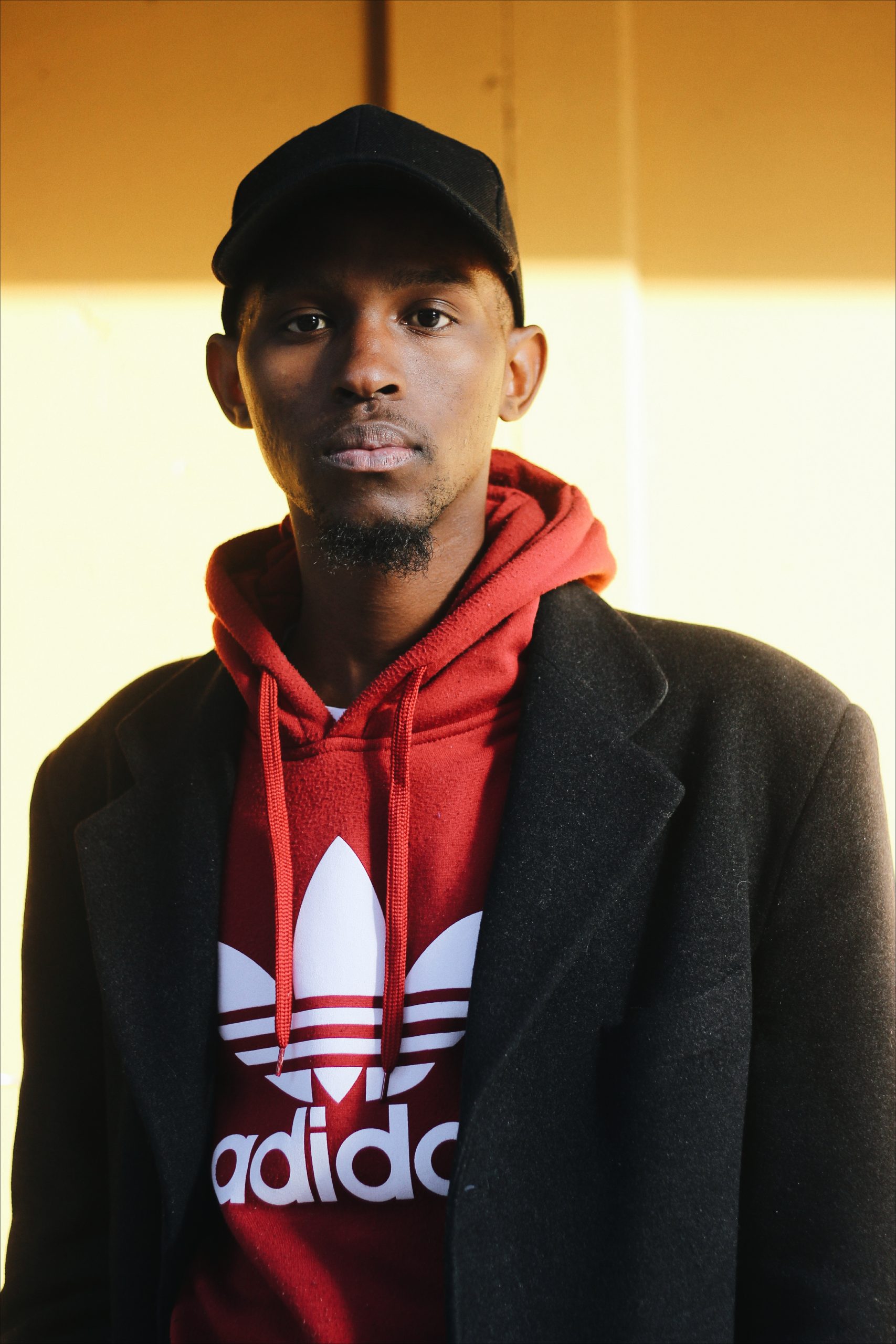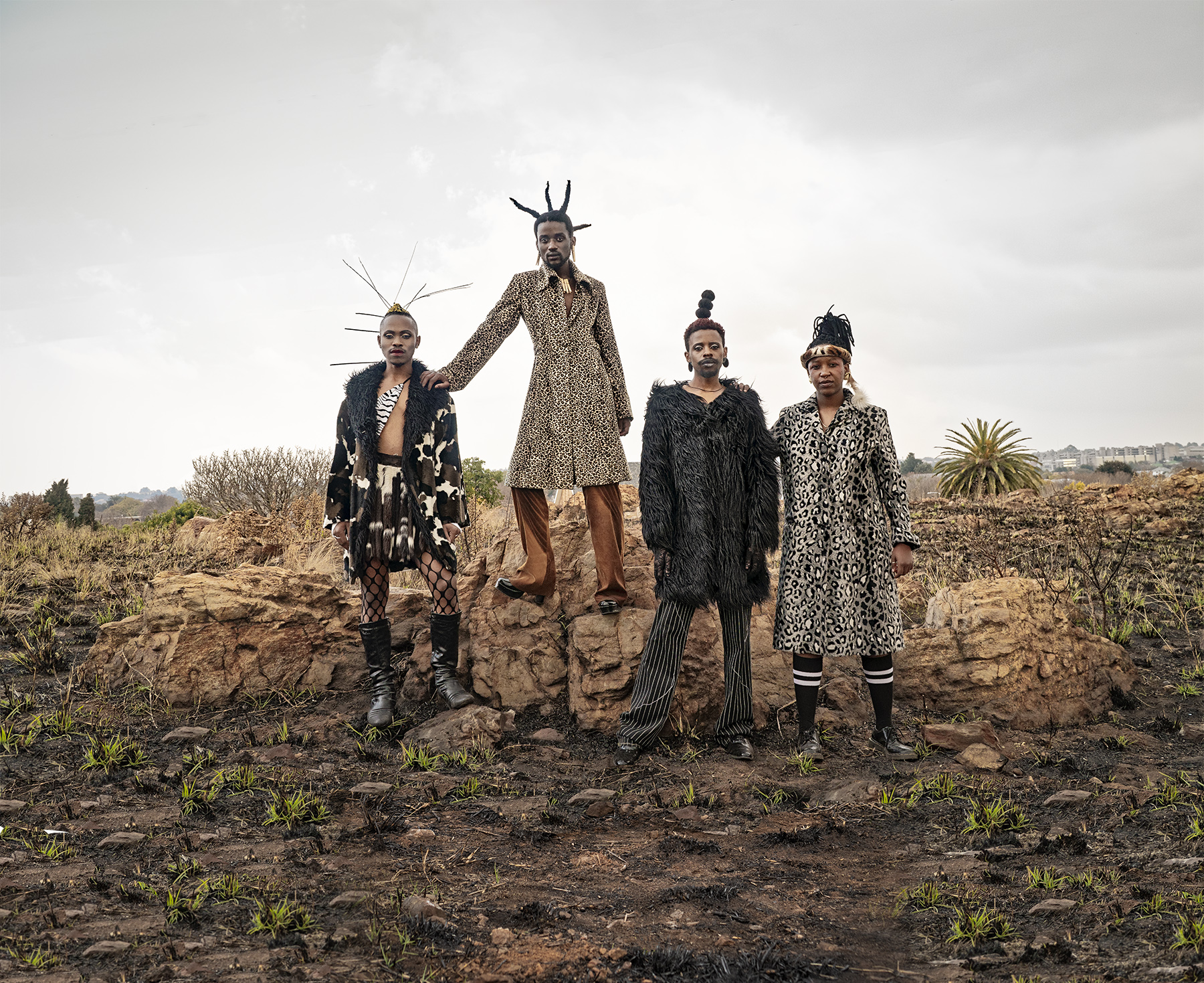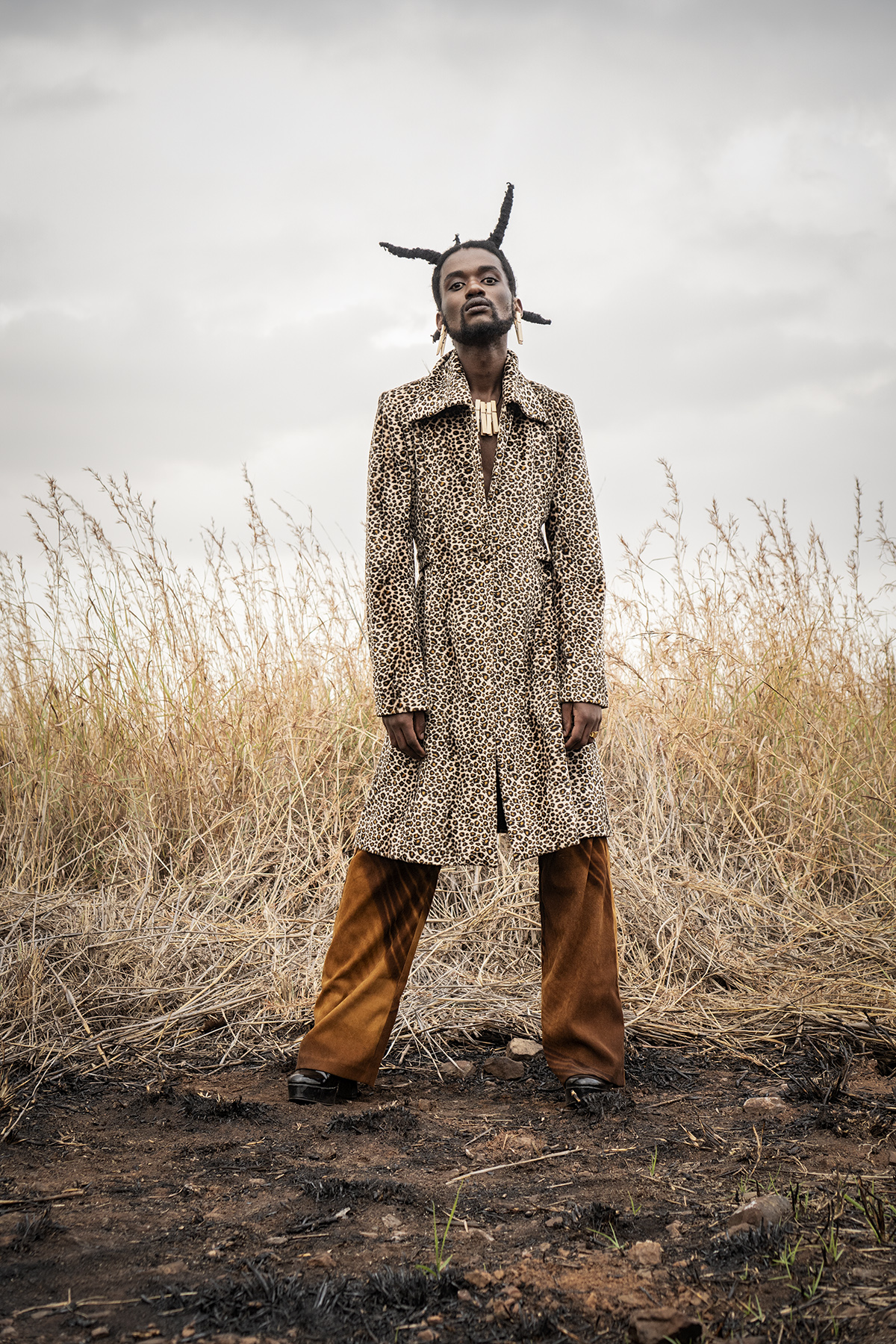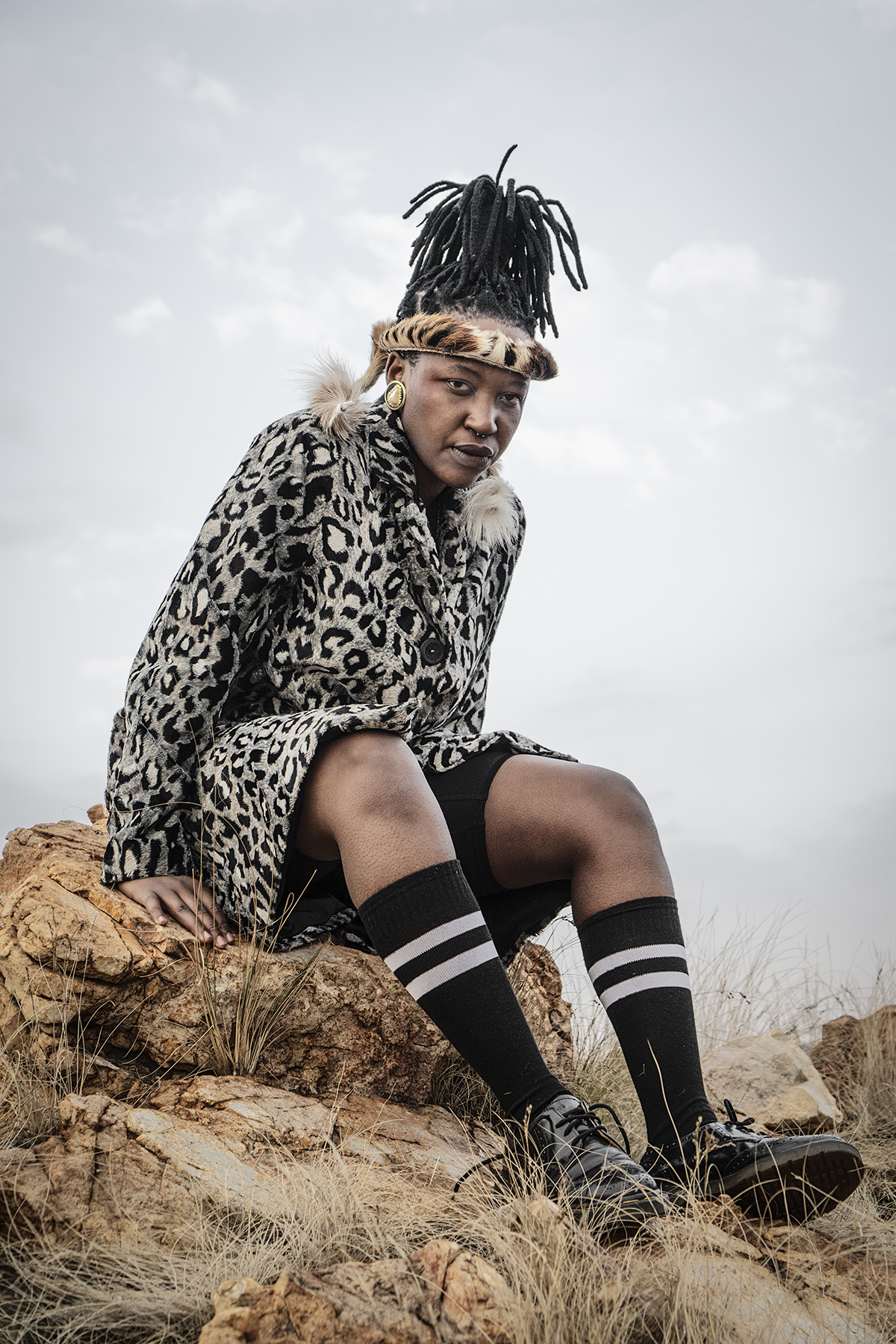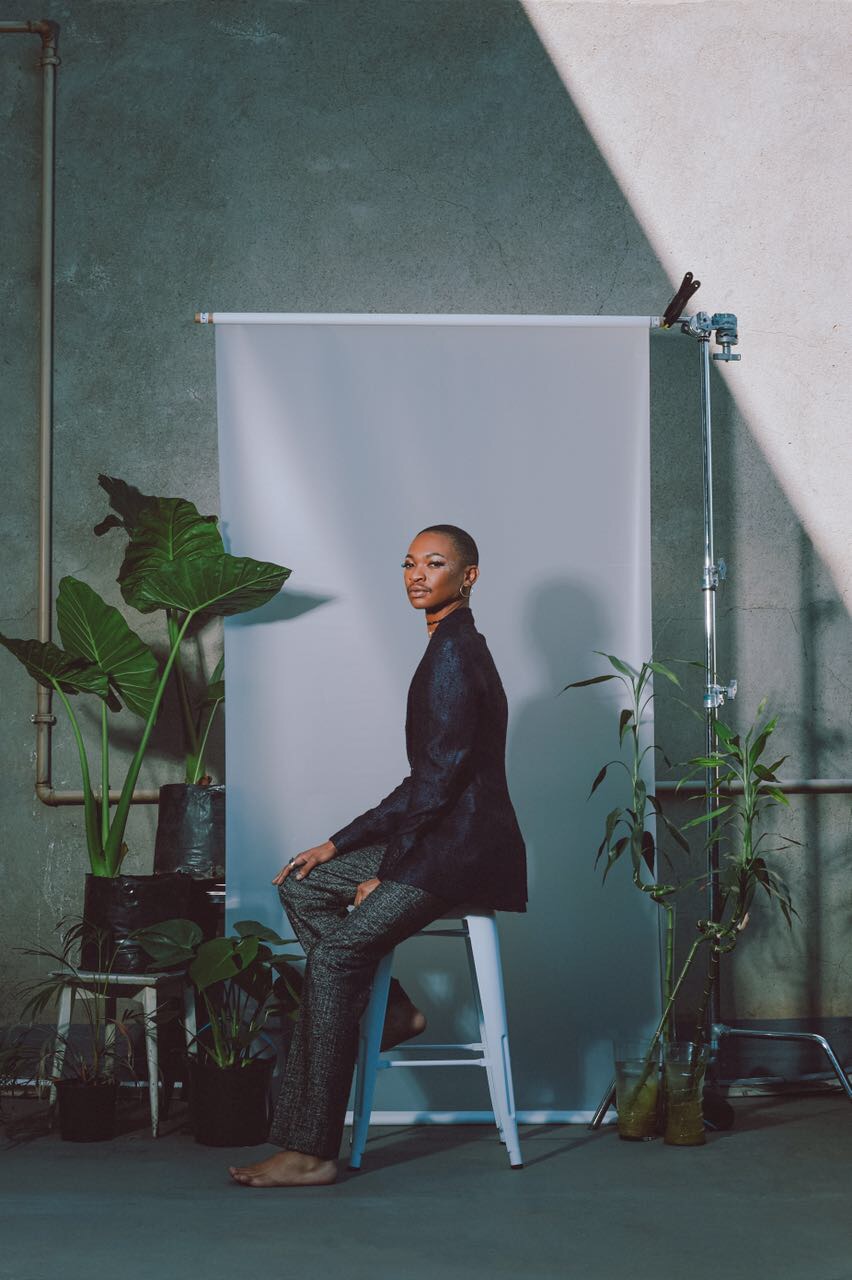It’s dark and warm in the sweet sweat-scented nightclub. Exclusively female and femme-identified DJs stroke the decks — a sonic pleasure patrol, an Empress insurrection. There’s a Hello Kitty pussy-cat vagazzling the DJ booth, backlit by velvet and a lick of pink lighting. Think Pussy Pride. Pussy Play. Pussy Power. Pussy Party. It’s a story about how femme bodies might take back the dancefloor.
Pussy Party pops off every second Wednesday of the month at Kitcheners, offering a platform in which femme DJs and artists can “practice, incubate, exchange and expose”. The organisers describe it as“an experiment in amplifying feminine energy on the dance floor”, an act of “yielding beyond the gender binary”, a femmeditation. In a thickly and narrowly-defined masculine industry, Pussy Party has sought to nurture and celebrate young female and femme-identified talent: each party is preceded by a three-hour workshop for aspirant femme selektas.
Three months in, Pussy Parties have boasted a fierce line-up of femme foxes: SistaMatik, FAKA, Lady Skollie, DJ Doowop, DJ Mystikal Ebony, LoveslavePhola, and Lil Bow. But the curators, creators, and dancefloor equators behind Pussy Party are DJs Phatstoki and Rosie Parade. Rosie Parade (AKA Coco) is part of Broaden a New Sound, music curators for Kitcheners.
‘When we arrived at Kitcheners, in 2009, courtesy of Andrew the DJ, there was nothing. There wasn’t 70 Juta. There wasn’t Smokehouse. Nothing was happening at Alexander Theatre. Kitcheners was a dive bar. I had my 21st birthday here at a time when what is now the bathroom was the office, when Great Dane was just an empty hall. Initially Kitcheners was the type of venue anyone could book. Butin late 2014 we were conscious to say ‘Okay, what’s happening to the space around us? What’s happening to the club? What’s happening to the dancefloor?‘
Phatstoki (AKA Gontse) is a music mixologist and penetrating photographer, whose artistic raw material has been gathered through a lifetime of traversing city, suburb, village and Soweto, where she now lives. Phatstoki’s fluid audio-eclecticism resonated with Broaden a New Sound, whose mandate has been to curate genre-bending, and in this case, gender-bending night-spaces. ‘Phatsoki’s had this series of mixes called Boobs and Honey ’Rosie Parade remembers. ‘Boobs and Honey! Those are literally like my top two things (laughs) ’The two groove goddesses, Rosie Parade and Phatstoki became reciprocal fan-girls, teaming up to create what is now Pussy Party.
‘I remember walking through the club and being approached constantly’, Rosie Parade says, ‘being pressurised constantly by men.’ Whether a baggy hoody, or a tight skirt, or a long dress — each garment is re-imagined as the self-same solicitation. And so, femme bodies are propelled through a current of pull—stroke—squeeze—clutch. The crowd become an excuse to make the brash laying of hands appear accidental. And the dancefloor — ‘Hey baby’ — becomes — ‘You look like a million dollars’ — an exercise — ‘I like your…’ — in carving out space and protecting one’s borders. Just the presence of a woman in a nightclub, particularly if alone, can be read as implicit consent for all manner of invasions.
Then there are those femme bodies that outwardly supersede gender circumscription. Courageous, embattled bodies living dangerous, defiant and godly in a beyond-binary space — whose bodies are cowardly read as provocations to violence. As Desire Marea of FAKA once told me, a proximate dance might result in a punch to the face.
‘Looking at the dancefloor’, Rosie Parade explained, ‘there came a point [where we as Kitchener’s management thought] ‘Okay there’s a lot of guys. Women [and femme-identified men] are telling us that they feel unsafe. That’s not a positive club environment. I’m privileged that the management and staff at Kitcheners trust and respect me. So it’s about ‘What do I have that I can use?’ And for me, this space, and these people, this is what I have that I can use’
‘Maybe’, says Phatstoki,‘there’s a space for women/femme energies to actually own the dancefloor — not just necessarily own the dancefloor so that guys can hang around, but own the dancefloor ‘cos we actually wanna party, for us. We are the party, so can we actually be given the space to do just that.’
Go to an instalment of Pussy Party and you’ll still find many men. ‘To be quite honest I don’t think femmes want to exclude men’ Phatstoki says. ‘We just want some goddamn respect! Maybe this is a way we can teach them. Ya’ll are more than welcome, but ya’ll need to know what this party is about. If you don’t like it, by all means [leave]… if you wanna appreciate our efforts and party with us, please do…’ But understand that ‘it’s not your night tonight, you know’.
True to its name, Pussy Party, in monthly cycles, sets out to be a place of warmth, and pleasure — to cradle and excite us. It changes its shape to let us in, remoulding the club-space into a femme-positive experimental sanctuary. It can ache for us. It can be potentiallylife-giving. But, as with any pussy, right of admission is reserved. There are pre-requisites of respect, appreciation and recognition that Pussy Party is grappling with enforcing.
‘Actually’, Rosie Parade says,‘what’s been simple is: put women behind the decks, or femme-identified individuals behind the decks [and] the femmes in the space respond. Tell people that it’s a space for femmes and honeys will come through’.
Both Rosie Parade and Phatstoki know that this is the awkward, messy, beautiful beginning — of a movement to disrupt club cultures. ‘It’s still marginalised. You couldn’t do this on a weekend. We’re mid-week and we’re mid-month. It’s not payday weekend’.
They also know that Pussy Party, as it stands, attracts a particular, pre-defined Model C, middle class. ‘But [for this space], this is how it starts’, says Phatstoki. ‘I want to bring these issues up, and depending on how we address them, that’s when I’ll know if we’re serious about the movement or not. [We need to make sure we] don’t forget those who go through the most [regarding this subject].’
The Pussy Party agenda aspires to openness. ‘Come through and tap us on the shoulder and say what’s up. This is the night to come through. If you have a problem coming through, tell us about the problem. I think you need to admit where you’ve gone wrong and made mistakes ’Rosie Parade says. ‘Openness. That’s a big part of a femme party’, Phatstoki adds, smiling. ‘That flexibility. It can stretch’, laughs Rosie Parade, ‘and it can shrink. It can self-lubricate’.

